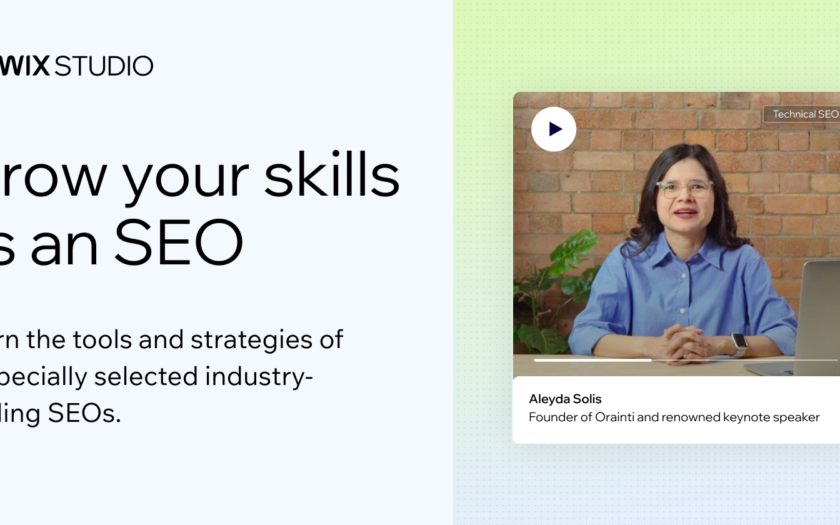The question is, how can you tell if SEOs were involved in the backend of the course and to what extent?
There is no 100% tell-tale sign. However, I can say that from my experience working with our course, the way the course is structured might provide hints.
What do I mean?
Usually in an SEO course’s “on-page SEO” section, you would discuss concepts related to all things content, from E-E-A-T to strategy.
In our course, I purposefully did not put this course material under “On-Page SEO.” Rather, the deep dive into content, quality, and algorithms were placed under keyword research.
Why?
I felt that, often, the SEO industry thinks about topics like keyword research a bit too linearly and without enough depth and nuance. I wanted to contextualize keyword research by connecting it to a discussion about what creating quality content for the SERP looks like.
This is what I mean by looking at unique course structuring as a sign that there is real SEO expertise going into the material.
If a course follows an overly generic format, this (combined with other signals might) be a sign that folks without genuine SEO experience have too much input. Which is, obviously, not what you want.
3. Look For Signs of Pedagogy
This has nothing to do with SEO itself, but is purely about what it means to create a good course.
Yes, the curriculum needs to be accurate, but it also has to be delivered in a way that is conducive for learning. Our own process involved a lot of back and forth with our educational team to ensure that we structured everything from the assessments to the course scripts in a way that facilitates learning.
To give some context, we borrowed something that I used to do back in my teaching days—backward planning.
At the start of the process, we developed learning goals within the course section. These goals would form the basis for the assessments that we offer at the end of each course section. All of the course sections were built to fulfill those specific learning goals. In this way, the course itself directly aligns with the assessment, which is only fair.
On top of that, we made sure to use the assessments to extend the learning by mixing in scenario-based questions.
There are millions of ways to go about constructing a course that incorporates sound pedagogy. If you’re looking at a course and it all seems very linear, that might be a good indication that the course lacks pedagogical depth. Which is clearly not what you want, no matter how amazing the instructors listed are.
So when looking at an SEO course and deciding to dive in, don’t just look at it from an SEO perspective. Getting the SEO education right is only half the battle. The course also has to effectively communicate that information to you.
Look for signs of pedagogical life when choosing an SEO course.
Learning SEO can be hard. It can be a very informal process that leaves you wondering what gaps you might have and what you still need to learn.
The need for an SEO course can be real. There are a lot of great SEO courses out there. There are also a heap of “grifters” looking to take advantage of people who need a comprehensive way to learn SEO.
When it comes to signing up for an SEO course, if it feels too “markety” or too “salesy,” it probably is.
Look past the “certifications” every course offers (ours included). They’re nice, but no one is hiring you or giving you a raise because you have one.
Look past the big names a course may have procured.
Look past the overpromising (“Our users have improved their organic traffic by 1000000000000000000000000.9% in just 1 day after completing our course”).
Instead, think about what your specific needs are and if the course is suitable and substantial enough to help you fill those needs.
It pays to dig a bit deeper into a course and pull the curtain back a bit before investing money and in the case of a free course, time.
Ready to start optimizing your website? Sign up for Wix and get the data you need to deliver great user experiences.
Image Credits
Featured Image: Image by Wix. Used with permission.
